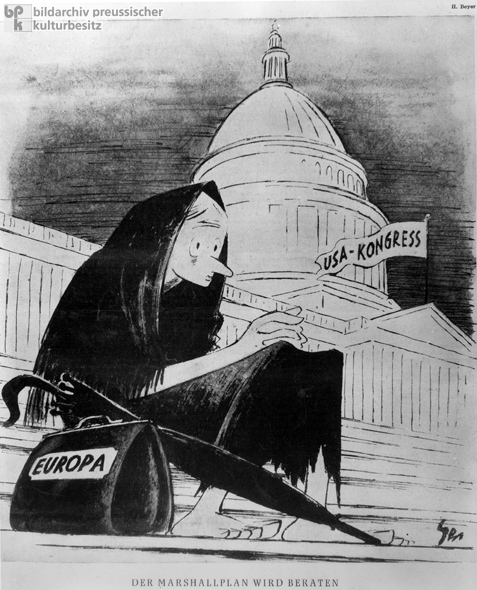


political scene and the “legislative drama” behind the plan’s political passage. statesmen driving the effort to enact the Marshall Plan and devotes considerable space to describing the domestic U.S. Steil emphasizes the roles and personalities of leading U.S. The plan inevitably drew the ire of the U.S.S.R., which attempted to undermine the project. The book makes clear that the Marshall Plan was more than simply an aid program it effectively constituted the creation of a new Western-oriented political, economic, and military architecture in Western Europe. Steil places the massive and unprecedented European reconstruction program at the center of the emerging Cold War, delineating how it intertwined with many of the early crises of the conflict. In this accessible work of political and economic history, Steil ( The Battle of Bretton Woods), director of international economics at the Council on Foreign Relations, comprehensively details the conception, planning, implementation, impact, and contemporary reverberations of the Marshall Plan.


 0 kommentar(er)
0 kommentar(er)
